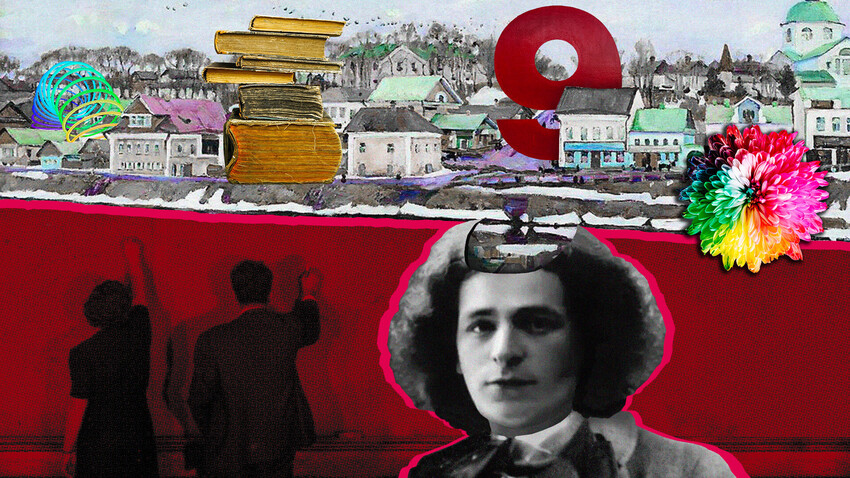
The man on the stage asks a volunteer from the audience to step up and write a random sequence of digits behind him on a board. The volunteer spells out six tidy rows. When he’s done, the performer looks at the long sequence of digits for several seconds, then turns back to his audience with a smile and reproduces what’s written without a single error. The audience bursts into an ovation. That was the performance of Solomon Shereshevsky, who lived in the USSR and even had a show based on his phenomenal memory.
Shereshevsky remembered literally everything: long sequences of words, including unrelated ones, as well as mixed with foreign words and any sets of numbers and digits. For many years, scientists tried to figure out how he managed to pull it off.
Only the birth year of the future mnemonist is known to history – 1886. It’s also known that he was born in the city of Torzhok of the Tver Governorate in the Russian Empire. His father owned a bookstore, while his mother exclusively raised her son.
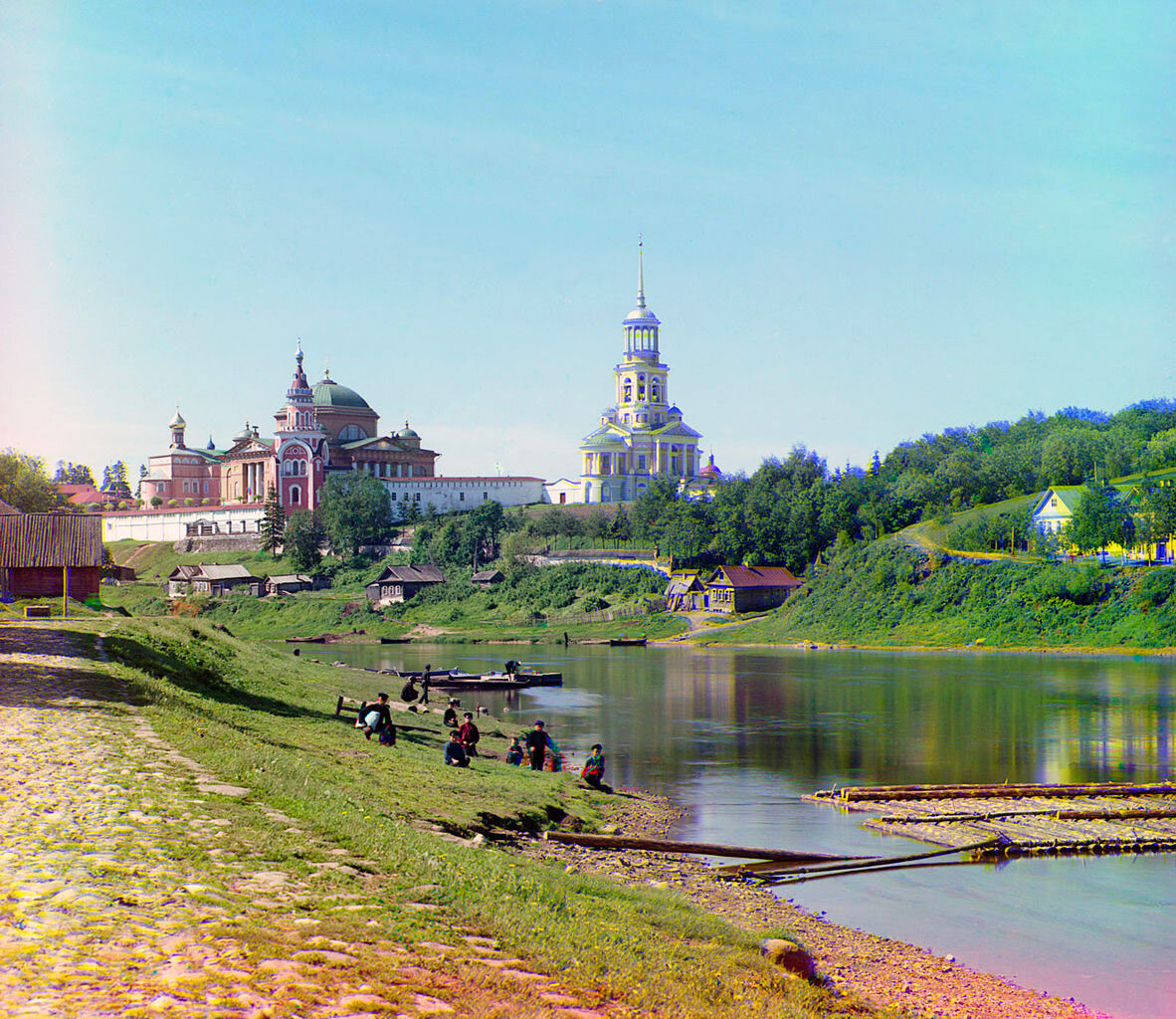
Torzhok in 1910
Sergei Prokudin-GorskiiIn school, teachers didn’t specifically notice the boy’s ability to remember. But, he studied violin and was considered a capable musician who was predicted to have a good career. However, due to an unexpected illness, Solomon grew deaf in one ear and abandoned his study of music.
Having graduated from school, he entered a medical institute, but left it after some time to make ends meet somehow – at the age of 21, he already had wife Aida and son Mikhail, for whom he had to provide. He found employment as a reporter for a local newspaper, where the editor noted his amazing precision of keeping absolutely every detail in his head. He advised Solomon to explore his “talent” and seek out specialists.
Alexander Luria, one of the founders of neuropsychology, was the first to study Solomon’s memory. He wrote in detail about the experiments with Shereshevsky’s memory in his book ‘A Little Book About a Vast Memory.’
The first task that Solomon had to complete, when he first took part in these experiments, was to remember 50 words in 30 seconds. He easily completed it. Moreover, Shereshevsky continued to remember this sequence of words for a very long time, as if storing this extra knowledge away in a drawer.
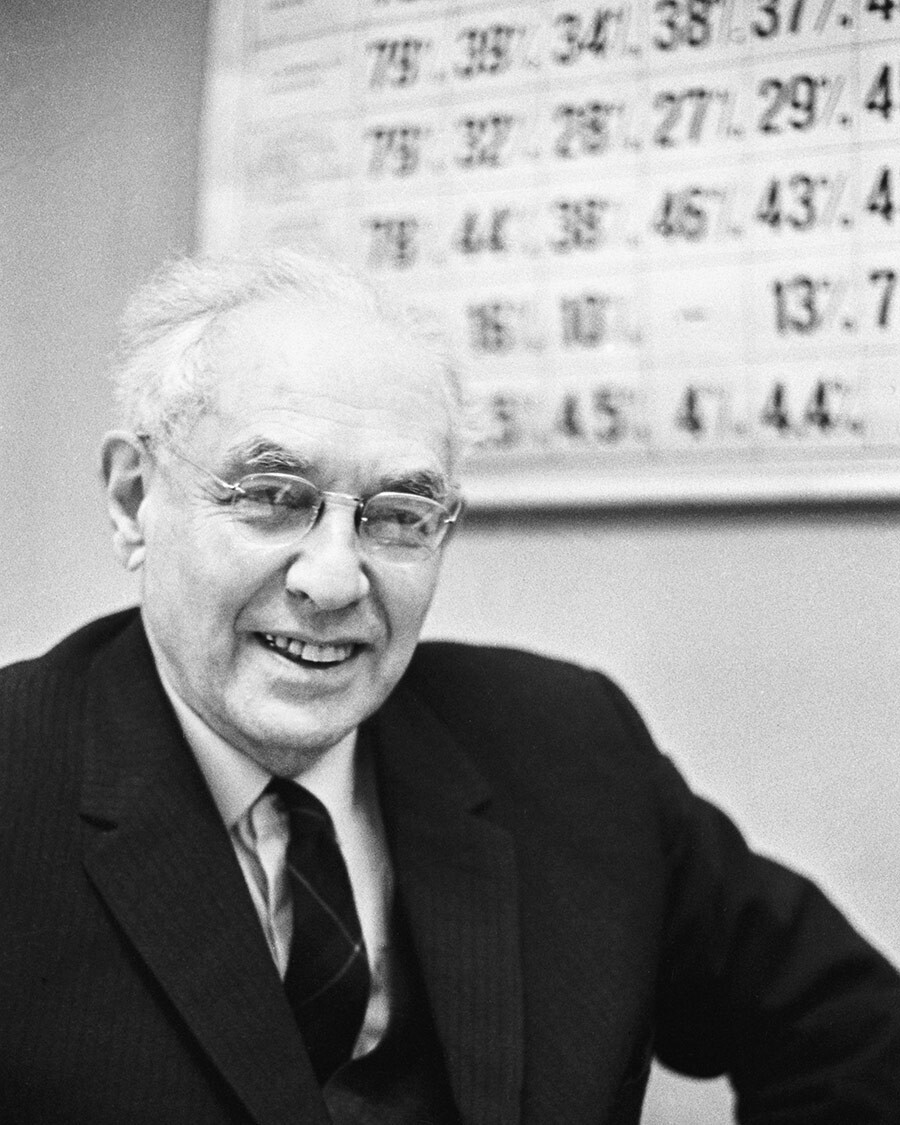
Alexander Luria
Vitaly Sozinov/TASSAs Shereshevsky himself explained, he remembered not just what he saw or heard, he connected notions and words with the help of synesthesia – another phenomenal ability possessed by only a very small number of people in the world.
Synesthesia – the ability for the “union of senses”, meaning that every sound for him had its own color, every image had its own distinguished shape and even taste. Such a trait helped Solomon remember incoming information more effectively.
The inner circle of Shereshevsky remembered that he even wrapped a spoon in cloth, so the sound of it touching the plate wouldn’t evoke images connected with this sound in his memory.
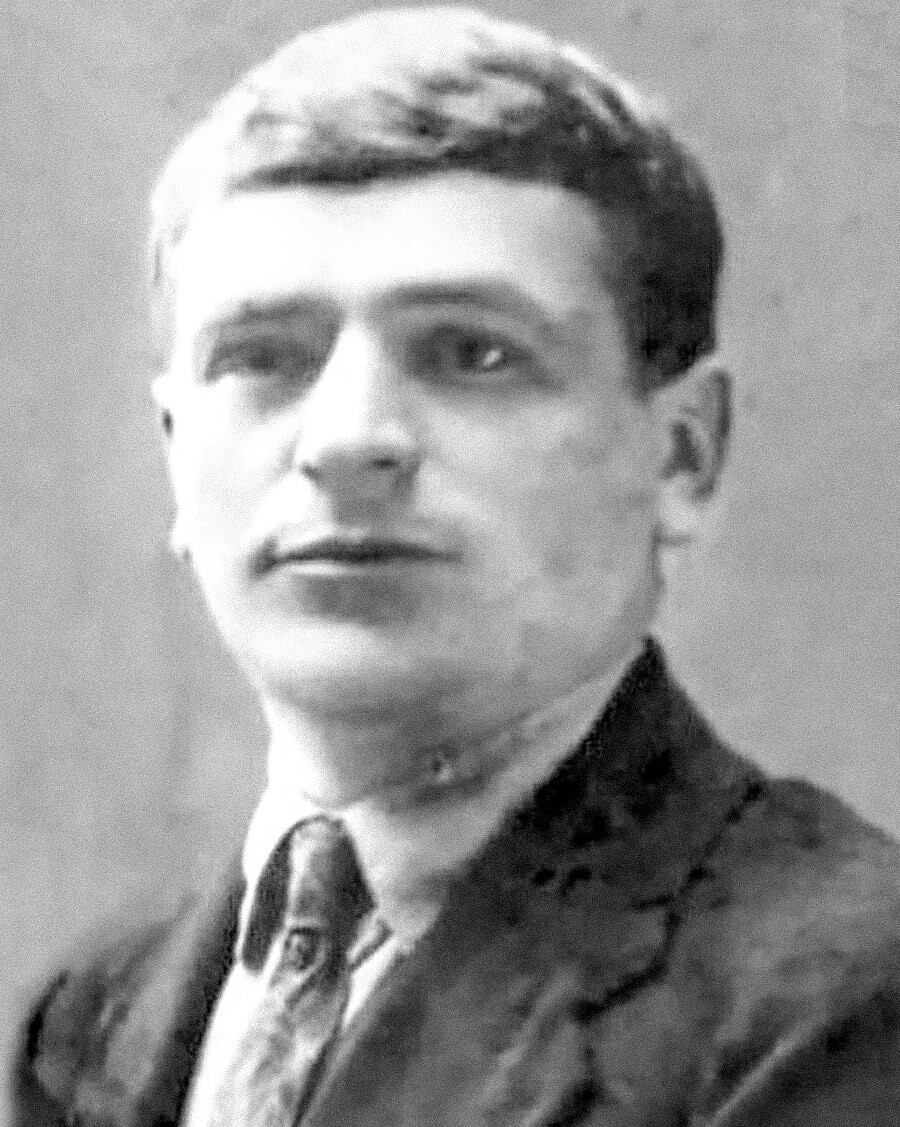
Solomon Shereshevsky
Public domainThe memory of Shereshevsky in itself was something of a “mind palace”. Just like in the British TV show ‘Sherlock’, where Holmes imagines a giant library in his head to store all information, in which the required memories were sorted. The only difference between Solomon and the detective was the place he imagined. The main action scenes of his memory were the very familiar streets of his native city Torzhok, in which he placed his memories. To remember what he needed, he took a ‘walk’ along these streets.
Realizing how unique his talent was, Solomon didn’t continue working in the newspaper editorial team. He decided to perform on stage, impressing the public. Shereshevsky toured the entire USSR. And this line of work finally allowed him to support his family.
According to Shereshevsky, his favorite audience was teachers, doctors and students – people who could use his memorizing techniques in their activities. He happily shared this information, since he himself tried to study his own abilities over his entire life. He looked for their limit and formulated techniques with which other people would be able to remember information more effectively.
By the way, the only thing that Shereshevsky found hard to remember were faces – according to him, they seemed too volatile.
Later, Solomon realized that his phenomenal memory also had a negative side – such massive amounts of information began mixing with each other. In the end, one sound or image could be associated with several memories at once for him. His family and friends began to notice that he was too impractical, didn’t try to understand the essence of things and could no longer communicate normally with his family. For the first time in his life, he faced the necessity to forget something.
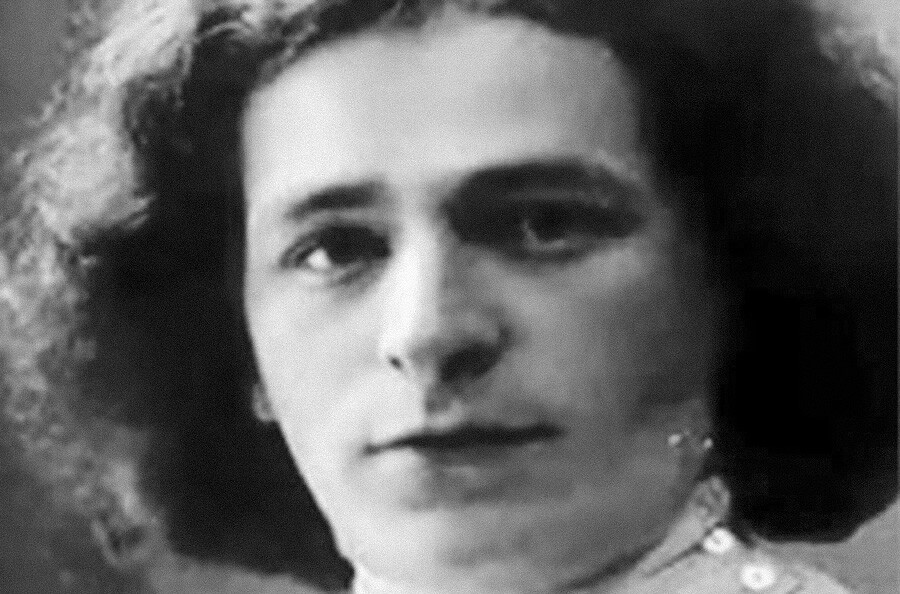
Solomon Shereshevsky
Public domainThe process of forgetting appeared to be much harder for Solomon than remembering. He continued to test different techniques, but now in order to forget at least something. For example, the mnemonist would write something on the board and immediately erase it, as if removing this information from his memory. Or he would write down words on a piece of paper and burn it, as if getting rid of this information. However, these methods proved to not be very effective. It seemed that the problem was that he used the same principle here as for remembering things – doing it through images.
In the end, Shereshevsky’s abilities were never fully studied. Luria noted that Shereshevsky had a very pronounced duality of consciousness, similar to a split personality: he talked to himself as though from the position of two different people and he often did it out loud, even with other people around. However, none of those who examined Shereshevsky found any mental disorders.
The last public performance of the mnemonist was held in 1953, when interest towards him began to slowly wane. Five years later, he died from kidney failure. Nonetheless, the remembering techniques, formulated by him, are still practiced among teachers and actors.
If using any of Russia Beyond's content, partly or in full, always provide an active hyperlink to the original material.
Subscribe
to our newsletter!
Get the week's best stories straight to your inbox